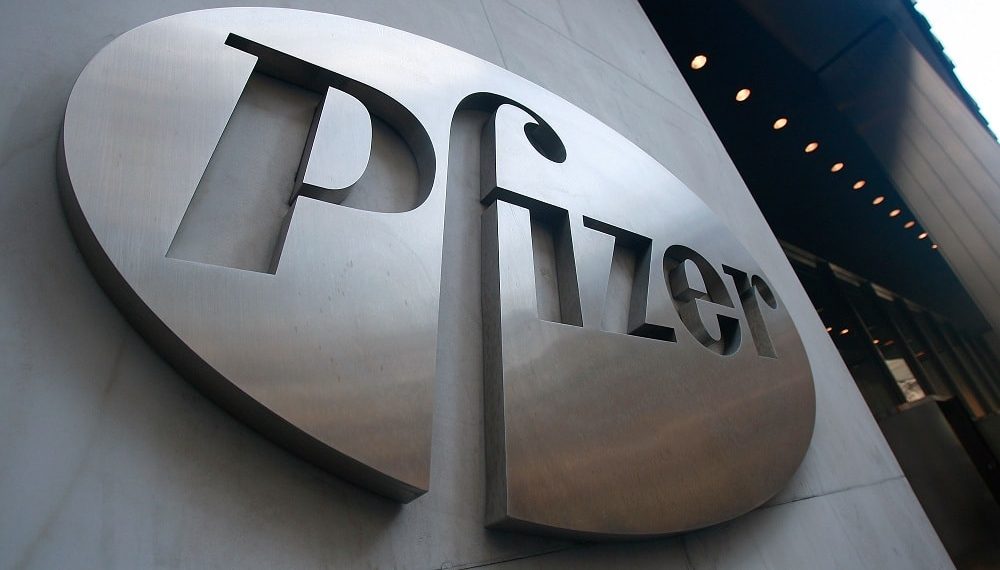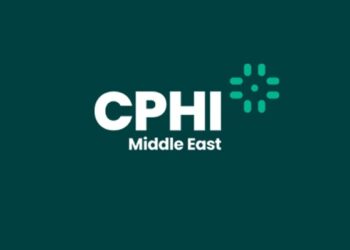Pfizer Inc. announced positive top-line results of a Phase 3 study examining the use of LYRICA® (pregabalin) Oral Solution CV as adjunctive therapy for partial onset seizures in pediatric epilepsy patients one month to less than four years of age. Results showed that adjunctive treatment with LYRICA 14 mg/kg/day resulted in a statistically significant reduction in seizure frequency versus placebo, the primary efficacy endpoint.
Treatment with LYRICA at the lower dose (7 mg/kg/day) did not result in a statistically significant reduction in seizure frequency versus placebo. The study was a post-marketing requirement by the U.S. Food and Drug Administration (FDA). LYRICA is not approved as adjunctive therapy for partial onset seizures in pediatric epilepsy patients one month to less than four years of age.
“The Phase 3 top-line results reinforce the efficacy and safety profile of LYRICA for pediatric epilepsy patients,” said James M. Rusnak, M.D., Ph.D., Chief Development Officer, Internal Medicine, Pfizer Inc. “These findings add to the data available for LYRICA in the pediatric patient population for a complex and difficult-to-treat condition.”
The LYRICA Pediatric Epilepsy Program is composed of a total of six studies in patients with epilepsy evaluating LYRICA as adjunctive therapy, four of which have been completed and two of which are actively enrolling. For more information, visit www.clinicaltrials.gov.
About the Study
This Phase 3 study was a double-blind, placebo-controlled, randomized, parallel group, multi-center study that included 14 days of double-blind adjunctive treatment. In this study, 175 pediatric patients with partial onset seizures who were not adequately controlled with one to three concomitant antiepileptic drugs were enrolled from 52 centers in 22 countries. Patients were randomized to placebo, or one of two fixed doses of LYRICA divided three times daily: LYRICA 14 mg/kg/day or LYRICA 7 mg/kg/day in a 2:1:2 ratio.
The safety profile observed in this study is comparable to the known profile of LYRICA in prior epilepsy studies in pediatric and adult patients. No unexpected or new safety findings were reported in the pediatric patients with partial onset seizures in this study. The most common adverse events with LYRICA 14 mg/kg/day in this study were somnolence, upper respiratory tract infection, and pneumonia. The most common adverse events with LYRICA 7 mg/kg/day in this study were somnolence, upper respiratory tract infection, and pyrexia. The most common adverse events with placebo were upper respiratory tract infection, vomiting, somnolence, and pyrexia.
Complete study results are expected to be submitted for publication in a peer-reviewed medical journal. These data along with those of prior studies will be submitted to the FDA for LYRICA pediatric exclusivity determination.
About Epilepsy
Epilepsy is a chronic disorder characterized by recurrent, unprovoked seizures and occurs in both adults and children. Sixty-five million people worldwide have epilepsy. In the U.S., more than three million people, including 470,000 children are living with epilepsy. Epilepsy is associated with increased morbidity and mortality and can profoundly affect multiple daily life activities. Partial onset seizures are a common seizure type in patients with epilepsy.
About LYRICA
LYRICA® is currently approved for various indications in more than 130 countries and regions globally.In the U.S., LYRICA is indicated to treat fibromyalgia, diabetic nerve pain, spinal cord injury nerve pain and pain after shingles in adults.LYRICA is approved as adjunctive therapy for the treatment of partial onset seizures in patients four years of age and older.
Please click here for the full prescribing information and Medication Guide for LYRICA or visit http://www.lyrica.com/.



















